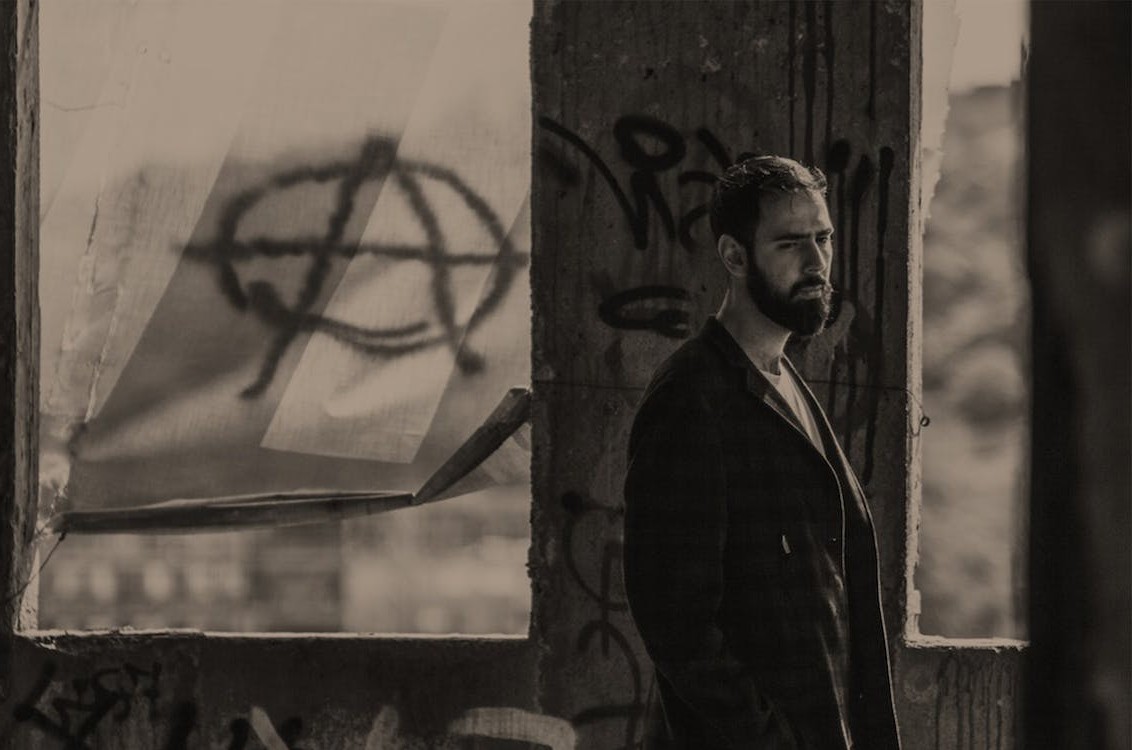In the vibrant heart of South Africa, JHB is not just a city of gold but a city of stories, dreams, and challenges. As with every major metropolis, Jo’burg has its own unique set of challenges when it comes to addiction recovery. It’s essential to understand these specific struggles when guiding yourself or a loved one through the early stages of recovery. By delving into two lesser-known aspects of this journey, you can better equip yourself for success.
One notable aspect of early recovery in this vibrant city is the socio-economic disparity, which manifests in varying ways. Johannesburg is a hub of stark contrasts – from affluent neighborhoods to sprawling informal settlements. For someone in recovery, this means navigating a landscape where triggers and temptations can be very contextual. In more privileged areas, social gatherings and events can be rife with substances, masked under the guise of ‘social drinking’ or ‘casual use.’ However, in less affluent areas, the accessibility and affordability of drugs might be the predominant challenge, sometimes used as an escape from daily stresses and hardships.
Another distinct challenge is the cultural diversity and the various stigmas associated with addiction across different communities. The city is a melting pot of cultures, each bringing its unique perspective on addiction. For some, addiction might be seen merely as a lack of willpower, while others might view it as a spiritual failing. These perceptions can profoundly influence one’s recovery journey, with feelings of shame or guilt acting as additional burdens. It’s essential to recognize these cultural nuances and find support groups or counseling that understands and respects these differences.
The landscape, both physical and cultural, plays a significant role in one’s recovery journey. While addiction might not be a disease in the traditional sense, it certainly is a symptom of broader issues – be it socio-economic pressures, cultural stigmas, or personal traumas. The path to recovery, then, is not just about abstaining from a substance but understanding and addressing these root causes. By acknowledging these unique challenges and equipping oneself with the right knowledge and support, the journey of recovery in Johannesburg becomes not just about survival but about thriving.
Navigating The Challenges Of Early Recovery In Johannesburg: Pros and Cons
In the bustling city of JHB, early recovery from addiction comes with its own unique set of challenges and rewards. Drawing upon the South African context, let’s explore the pros and cons of embarking on this journey in Jozi.
Pros:
- Diverse Support Networks: Johannesburg boasts a range of support groups and rehabilitation centers. This diversity ensures that you can find a community that understands your unique struggles and can provide tailored guidance.
- City of Opportunities: Being the economic hub of South Africa, JHB offers numerous opportunities for employment and personal growth. This can be vital for those in early recovery looking to reintegrate into society and find a sense of purpose.
- Cultural Richness: With its melting pot of cultures, Johannesburg can offer varied holistic approaches to recovery, from traditional African healing ceremonies to modern therapeutic techniques.
- Strong Community Ties: South Africans, and Joburg residents in particular, are known for their strong sense of community. This can be incredibly beneficial for someone in early recovery seeking connection and understanding.
Cons:
- Urban Triggers: The fast-paced city life, with its nightlife and potential exposure to substances, can present numerous triggers for someone in early recovery.
- Economic Disparities: The vast disparities between the rich and poor in JHB might lead to feelings of isolation, resentment, or hopelessness, emotions that can be particularly challenging for those in recovery.
- Safety Concerns: Johannesburg, while being a city of opportunities, also has areas with high crime rates. This can pose challenges for those in early recovery, especially if they find themselves in environments where substance use is a coping mechanism for societal challenges.
- Stigma: While progress has been made, there’s still a prevailing stigma around addiction in many South African communities. This can make it difficult for someone in early recovery to openly share their struggles and seek support.
With its rich history and vibrant culture, mirrors the complexities of the recovery journey. While the city offers a supportive environment with numerous opportunities, it also presents unique challenges that individuals must navigate. Your journey in a busy urban city, with its highs and lows, is a reflection of the city’s spirit: resilient, hopeful, and ever-evolving.

City life with all its complexities, also offers a wealth of resources, communities, and professionals dedicated to aiding recovery. By understanding the city’s specific challenges, you can better navigate your path and find the support tailored to your unique needs.
Navigating the complex terrain of addiction recovery in Johannesburg isn’t just a contemporary concern; it’s rooted in a rich history that has shaped the city’s approach to addiction and recovery over time. As you delve into the past, it becomes evident how the city’s socio-economic and cultural evolution has influenced the challenges and stigmas surrounding addiction.
Johannesburg, famously known as the city of gold, was founded during the gold rush in the late 19th century. This rapid urbanization attracted individuals from all over the world, each bringing with them their habits, cultures, and, inevitably, their vices. The mining community, while bustling and prosperous, was not without its struggles. The demanding nature of the work, combined with the isolation many felt, led some miners and settlers to turn to substances as a coping mechanism. It’s in this context that you can trace the early roots of substance dependence in the city.
As the city grew and apartheid became the law of the land, segregationist policies further complicated addiction challenges. Townships like Soweto were established, and the enforced racial divisions created disparities in access to resources, including those for addiction recovery. Substance use in these areas was often a symptom of the broader socio-economic and political pressures of apartheid.
The post-apartheid era saw this city trying to heal from its painful past. However, with freedom came new challenges. The city experienced an influx of people seeking opportunities, and with this, the drug trade flourished in certain pockets. Culturally, as the city became more diverse, the varying perspectives on addiction from different communities began to intersect, sometimes clashing.
Today, when you look around this urban mecca, you see a city that’s a melting pot of histories, cultures, and experiences. Understanding this historical context is essential, as it informs the complexities of addiction and recovery in the city. It provides clarity on why certain stigmas persist and why specific socio-economic challenges exacerbate addiction issues. So, when you or someone you know is embarking on a recovery journey in Johannesburg, this historical lens can be an invaluable tool, ensuring a more compassionate and informed approach.
Navigating the challenges of early recovery, especially in a city as vibrant and complex as Johannesburg, is a testament to the indomitable spirit of those seeking a better life. The city’s rich tapestry, woven from historical struggles and triumphs, mirrors your personal journey towards healing. Just as JHB has emerged from its turbulent past, constantly evolving and reinventing itself, so too can you rise from the depths of addiction, using every challenge as a stepping stone. Remember, the road to recovery is seldom smooth, but every twist and turn shapes your resilience and determination. As you continue on this path, always keep in mind the words of Nelson Mandela, “The greatest glory in living lies not in never falling, but in rising every time we fall.” Your journey in recovery, much like the city’s journey, is a story of hope, endurance, and the unyielding belief in a brighter future.

